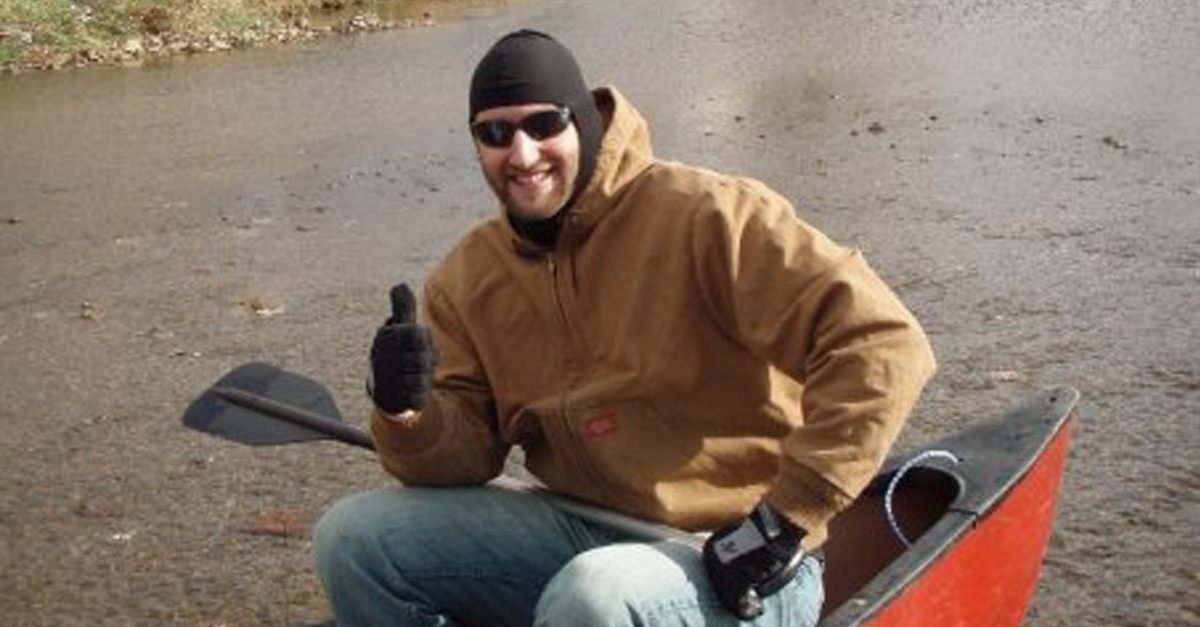The Tonic of Wildness

“We need the tonic of wildness…At the same time that we are earnest to explore and learn all things, we require that all things be mysterious and unexplorable, that land and sea be indefinitely wild, unsurveyed and unfathomed by us because unfathomable. We can never have enough of nature.” – Henry David Thoreau (in his classic book, Walden).
The land at the end of the lake was owned by the poet and essayist Ralph Waldo Emerson. In the summer of 1845, Emerson let his friend Henry David Thoreau live on the land in a cabin. Thoreau ended up staying there for two years. The lake’s name? Walden Pond. Henry David Thoreau’s classic book Walden is credited by many as starting the modern conservation movement.
As parents, it is important for us to teach our kids to value, cherish, and protect the land that we have been given. Being responsible stewards of the earth is crucial, not just for our own lives but also for the lives of our grandchildren and their grandchildren.
Here are three reasons why nature is important:
Nature pulls our eyes away from our electronics. It’s impossible to see and appreciate a beautiful sunset if our eyes are glued to our smartphone. Taking time to “stop and smell the roses” helps free us from the so-called “tyranny of the urgent.” Replying to the text can wait; it’s time to appreciate the nature around us.
Nature surrounds us with beauty. Just as art can inspire us and help us cultivate our humanity, so too can the artwork of nature – the colorful leaves of a tree in the fall, the majestic reflection of the sun on the water, the grandeur of the “grand canyon.”
Nature’s solitude prompts reflection and thought. In our busy world, it is rare for us to make time to ponder, reflect, and think. There’s something about being in the woods or relaxing out on the lake that tends to create in us a contemplative state. Taking your kids on a hike or out for a canoe ride can provide time for contemplation. It’s also important to spend time alone in nature but always let people know where you’re going and when you’ll be back in case you get lost.
Nature is all around us. Talk with your kids about the nature surrounding them; whether it’s a tree in the front yard or the flowers in the city state park. Make time to spend delighting in nature. Model good behavior like recycling for your children. If you value value nature, your children will learn to value it as well.
Part one of a four part series on nature.
Part 1 – The Tonic of Wildness
Part 2 – The Hunt for Wild Asparagus
Part 3 – Water, Water, Everywhere
Part 4 – The Call of the Wild: Teaching Kids to Love Nature